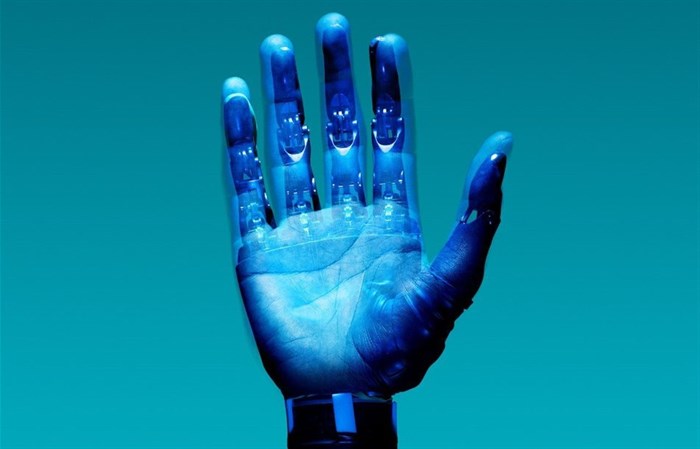Artificial Intelligence is going to change the way people work, rather than making that work obsolete. Similarly, learning to work with and alongside AI requires a different skill set to maximise the advantages of the technology - and it's also essential to preserve the importance of the human element.
It’s vital to consider that AI can’t do everything – like generating normal-looking human hands – and as much as it evolves, there’ll always be a place for managers, programmers and the like, alongside it.
World Youth Skills Day on 15 July is themed ‘Skilling teachers, trainers and youth for a transformative future’ for 2023 and has a focus on the essential role that teachers, trainers and other educators play in providing skills for youth to transition to the labour market and to actively engage in their communities and societies.
The day is meant to inspire positive thinking around how technological advancements and shifting labour market dynamics - including and beyond the introduction of AI - increasingly call for agile and adaptable skill sets.
A World Economic Forum study has shown that automation will result in a net increase of 58 million jobs. It’s the ‘artificial’ in Artificial Intelligence that we need to focus on, when considering the future of work. The tech behind AI still needs to be developed, taught and trained to perform tasks, which requires human intervention – and once it’s operating efficiently, it frees up people to perform more creative tasks, rather than repetitive ones like handling large volumes of data.
In the new work environment, humans will operate side-by-side with ’digital co-workers’, which gives people the opportunity to focus on higher-value and more creative activities.
“It would be foolish to predict that there’s an industry that won’t be affected by AI, but it’s important to prepare young people for the fact that some of their duties will be streamlined and that they need to think differently to work in an environment where assistance from these ‘digital co-workers’ is a given,” says MySchool MyVillage MyPlanet general manager, Pieter Twine.
“There are challenges to implementing AI in many industries in South Africa, but there are some where it’s already a fact of life – like banking, insurance or logistics to name a few – so any young person needs to be cognisant of including skills linked to AI in whatever industry they hope to work in”.
Artisans who need to blend skill and creativity to produce products still require hard skills, even if AI can relieve the burden of stock management and accounting.
By nurturing a responsible workforce, it will develop entrepreneurship, restore dignity, reduce crime and empower the marginalised – beyond a world driven by AI.
































